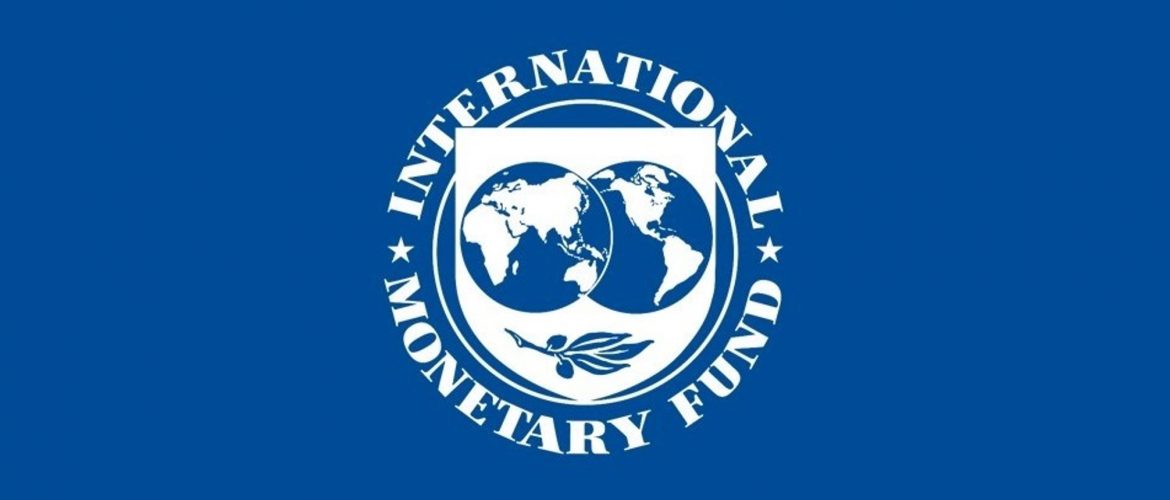By Anna Leah Gonzales
The International Monetary Fund (IMF) sees Philippine economic growth to moderately pick up in 2024 to 2025, backed by lower inflation and the gradual easing of the country’s monetary policy.
“Growth is expected to accelerate in 2024-25, supported by disinflation, and gradually declining borrowing costs as monetary policy normalizes,” stated a report after the IMF Executive Board concluded the 2024 Article IV consultation with the Philippines.
Under Article IV of the Articles of Agreement, the IMF holds bilateral discussions with members, usually every year. An IMF staff team visits the country, collects economic and financial information, and discusses with officials the country’s economic developments and policies.
When they return to their headquarters, the staff prepares a report, which forms the basis for discussion by the IMF Executive Board. The latest report said Philippine economic growth is projected to grow by 5.8 percent this year from 5.5 percent in 2023.
“Philippine authorities handled the challenges arising from multiple external headwinds well with wide-ranging plans for high and inclusive growth,” the report said, adding that Philippine economic growth has been resilient despite external shocks and the tightening in global monetary conditions.
For 2025, the IMF expects the Philippine economy to grow by 6.1 percent. It said potential output is estimated to be between 6 to 6.3% over the medium term.
“The Philippine economy holds significant potential with its abundant natural resources, untapped blue economy, and a sizable demographic dividend. Unlocking the medium-term growth potential will crucially depend on comprehensive and well-sequenced structural reforms,” it said.
“These reforms, coupled with strengthened social protection programs, should aim to boost job creation, enhance productivity, increase resilience to climate change, and reduce poverty and inequality,” it added.
The IMF said upgrading infrastructure, further investing in healthcare and education, addressing land fragmentation and low productivity in the agricultural sector, and enhancing governance should be prioritized.
Inflation, meanwhile, is forecast to decline to 3.2% this year from 6.0% in 2023 due to lower rice import tariffs and other non-monetary measures to reduce food prices. The IMF said the easing food prices will help boost consumption and economic growth.
With inflation expectations returning towards the target, the IMF said the Bangko Sentral ng Pilipinas (BSP) will have room to further ease the policy rate. The BSP has so far reduced policy rates by a total of 75 basis points this year.
“A data-dependent approach and careful communication will be important to manage expectations amid uncertainty and more frequent supply-side shocks,” the IMF said.
The report also noted that risks to the country’s near-term growth outlook are tilted to the downside. The IMF said these mainly stem from the recurrent commodity price volatility, new supply shocks, an escalation of geopolitical tensions, monetary policy stance in advanced economies turning out to be too tight for longer, a growth slowdown in major economies, major natural disasters or extreme climate events, and stalled reform momentum or lower than expected payoffs from reforms. (PNA)












